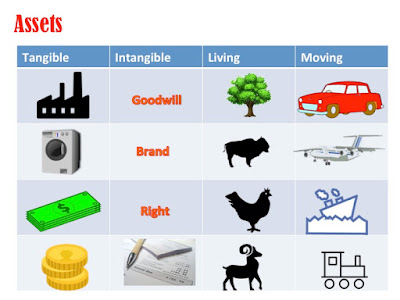Pages
- Home
- New WordPress Blog
- What is Value Investing?
- Portfolio 2K15
- Research Reports
- Videos
- Books
- Definitions - Investing
- Accounting and Financial Terms
- Formulae
- Calculator
- "How To?" Artciles
- "What Is?" Articles
- Slides/ Presentations/ Pictures
- Questions and Answers
- Warren Buffett's Inspirational Quotes
- Poems
- Investing Jokes
- Games
- Audience Speak
- Tweets
- Forum
- News
- Accreditations
- Website
- Contact
Quick Links
- New WordPress Blog
- Net Block (Fixed Assets) Definition
- Total Outside Liabilities to Tangible Net Worth (TOL/ TNW) Formula
- How to Navigate Turbulent Stock Markets?
- Why Mutual Fund Returns Dip?
- Is the Stock Market a Place to Make a Fast Buck?
- How to Find the Fair Price of A Stock?
- How to Calculate the Intrinsic Value of Shares?
- Price to Book Value Ratio - Formula
- Debt Equity Ratio - Formula
- Total Outside Liabilities to Tangible Net Worth (TOL/ TNW) Formula
Showing posts with label Asset. Show all posts
Showing posts with label Asset. Show all posts
Friday, November 4, 2016
What is an Asset?
 |
| Slide showing various assets as an example |
Meaning and Definition:
The
dictionary meaning of the word ‘Asset; is a useful or valuable thing or person.
In accounting parlance, however, person is kept outside the scope for the
present, animals and plants are included though, and includes all things living
or non-living, tangible or intangible, valuable rights and so on.
Another
way defining is, what is owned is an
asset and what is owed is a
liability.
Assets
are employed in the business either for a short time as stock-in-trade - that is meant for further sale, or for the
long-term use for producing the goods and services.
In
the double entry system of accounting, universally practiced, assets have a debit balance. Therefore all items
appearing in the balance sheet and having a debit balance are assets.
Examples:
|
Tangible
|
Intangible
|
Living
|
Moving
|
|
Land
|
Bank Balance
|
Trees
|
Trucks
|
|
Buildings
|
Goodwill
|
Grass
|
Cars
|
|
Plant
|
Brand Value
|
Cattle
|
Ships
|
|
Machinery
|
Mining Right
|
Poultry
|
Aircraft
|
|
Cash
|
Software
|
Fish
|
Trains
|
|
Inventory
|
Receivables from customers
|
Horses
|
Motorcycles
|
Conclusion:
Assets are useful and valuable things, owned by the business and employed either for short-term as stock-in-trade or long-term as fixed assets.
Further Reading:
Labels:
Accounting Terms,
Asset,
Financial Terms
Sunday, September 11, 2016
Asset Definition
Asset
In the subject matter of
‘Investing’, Asset
means something that has the potential to generate a stream of regular income
over its lifetime. Besides recurring income, sometimes an asset may also be
capable of producing a capital
appreciation (a gain in the capital value of the asset itself). Examples
are:
 |
| Various Classes of Assets |
In ‘Value Investing’,
those assets that have the potential to yield a return only through price increase are not considered as true assets. Capital appreciation should
be an added advantage or bonus in
addition to recurring income and not the only source of income.
Subscribe to:
Comments (Atom)


